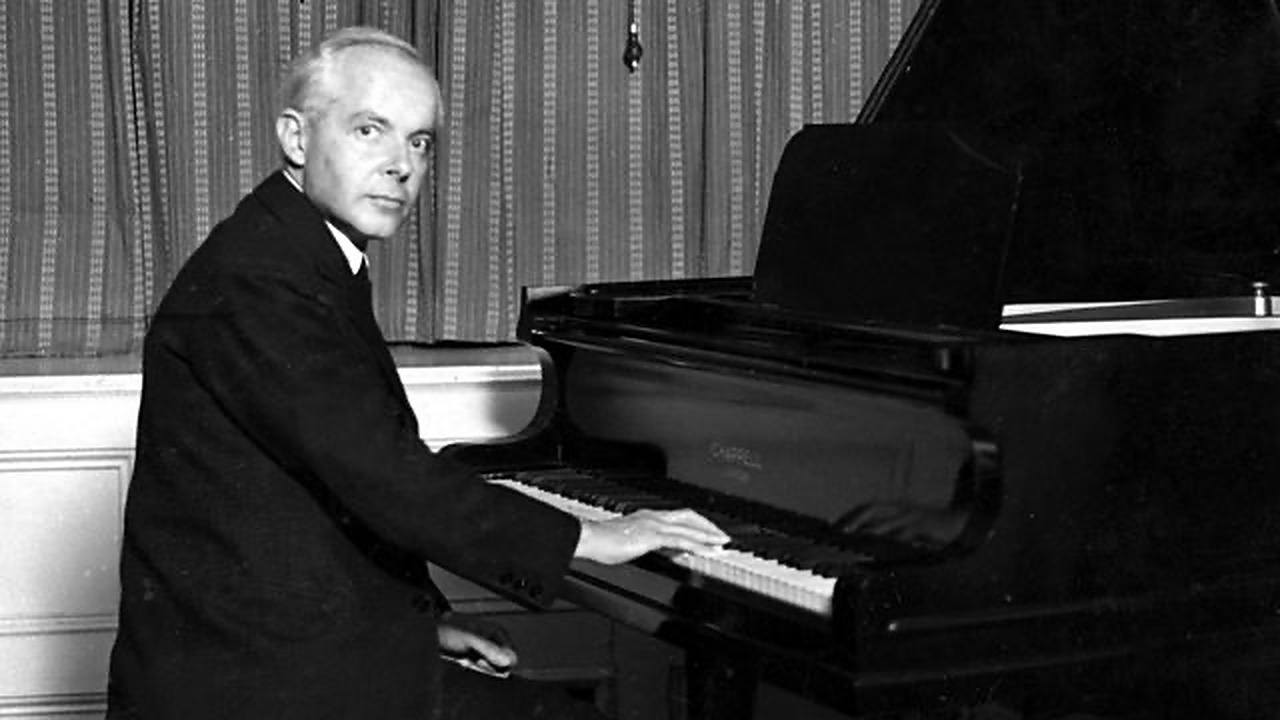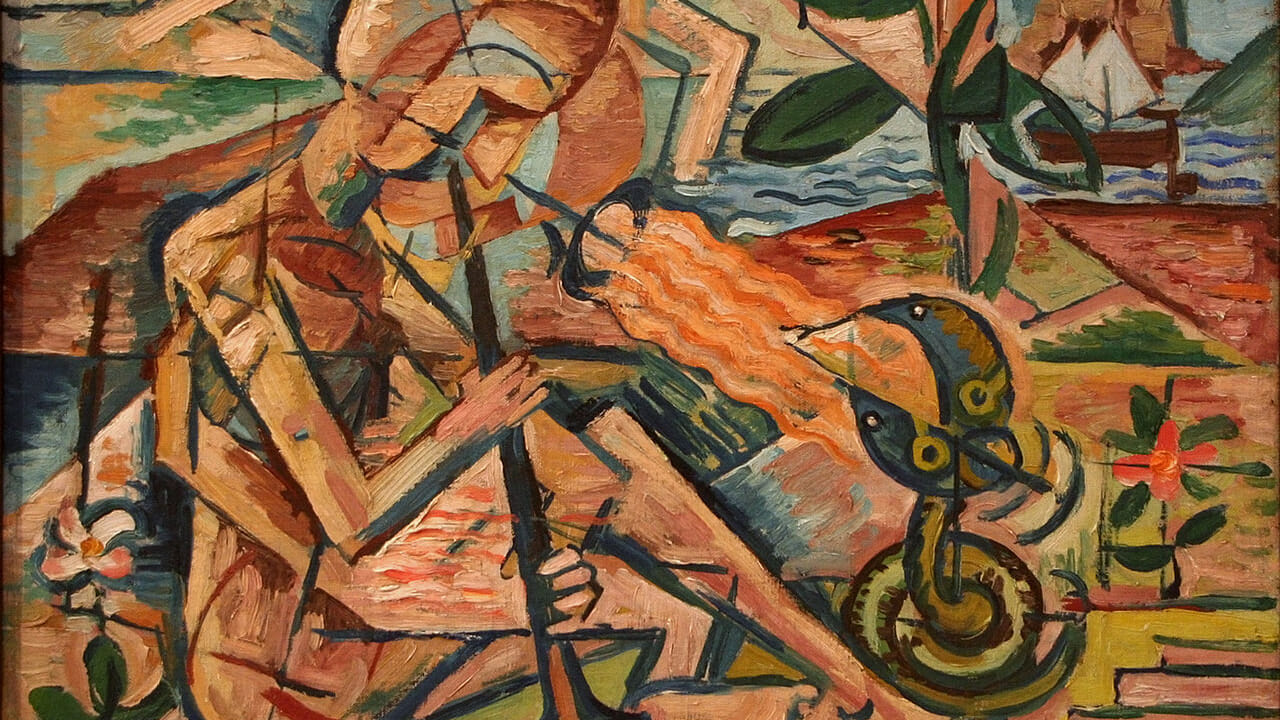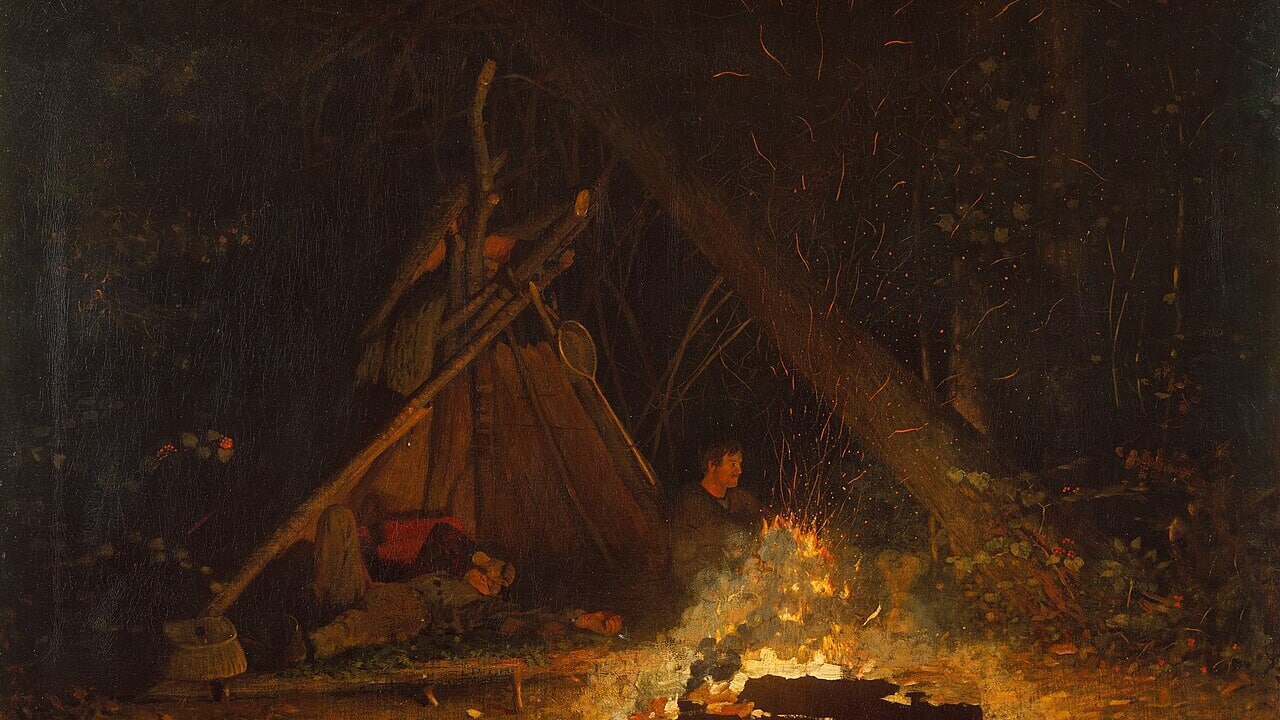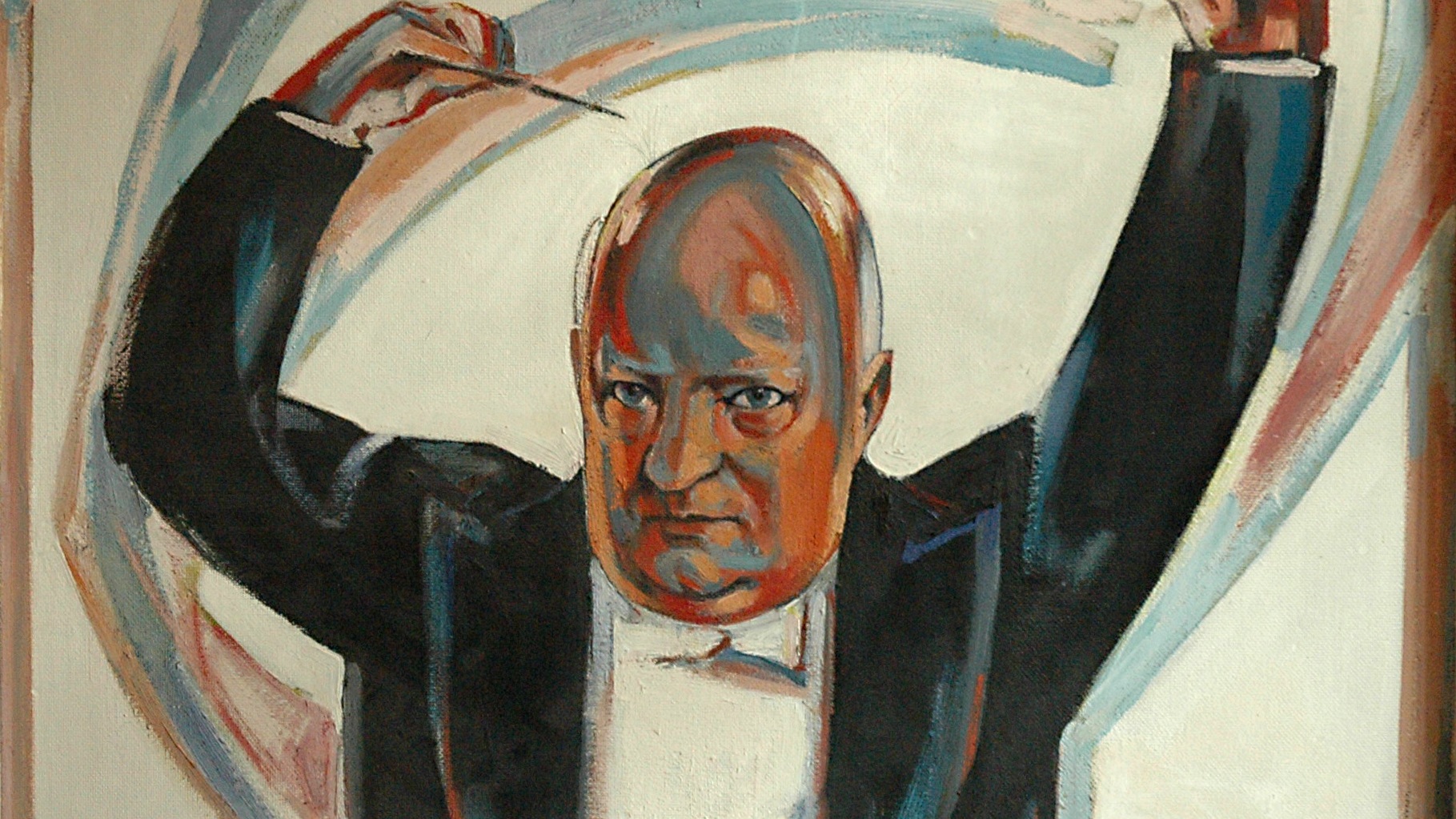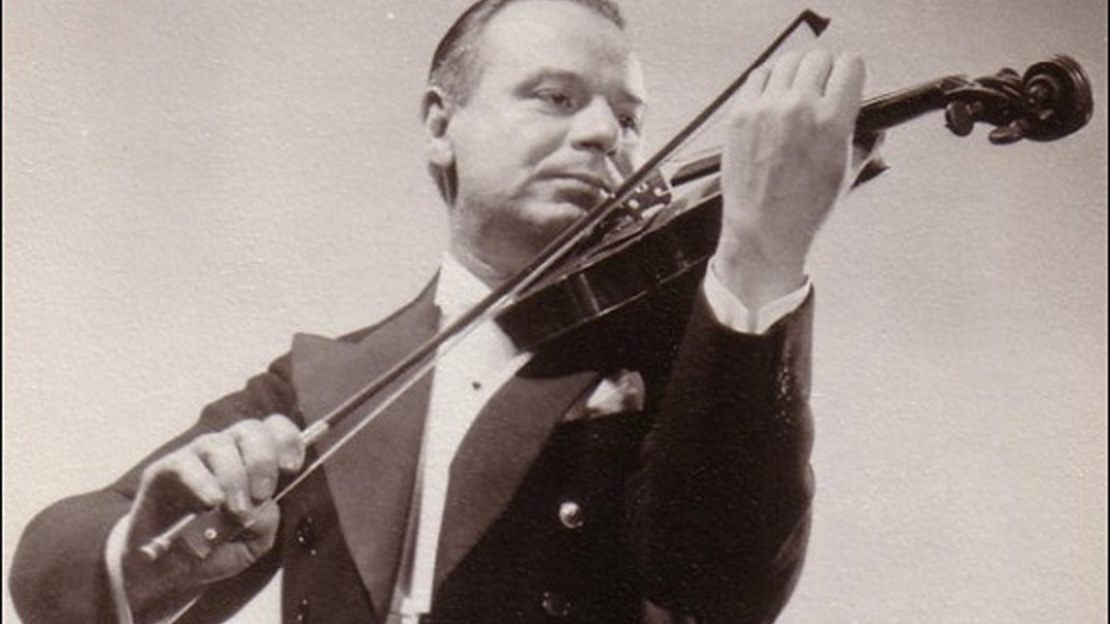Philip Glass’s String Quartet No. 2, “Company”: Brooklyn Rider
In Samuel Beckett’s 1979 novella, Company, a man lies on his back in the dark and listens to a Voice. According to Thomas J. Taylor, The central narrative revolves around the complex relationship between the voice, the listener, and the elusive “another,” highlighting the ambiguity of identity and presence. As the anecdotes unfold, they reveal a deeper commentary on the nature of existence and the inevitability of loneliness, suggesting that while memories and …


